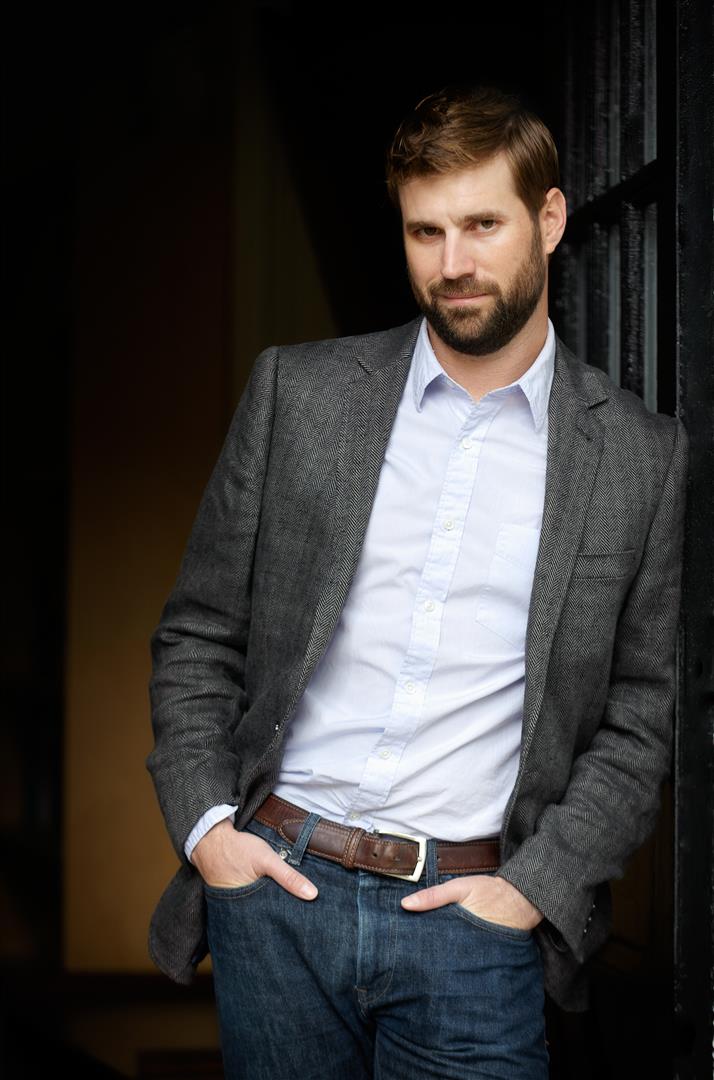 |
| photo: Amy Deputy |
Timothy Denevi received his MFA in nonfiction from the University of Iowa. He lives near Washington, D.C., and teaches in the MFA program at George Mason University, where he's a visiting writer. Hyper: A Personal History of ADHD (Simon & Schuster, September 2, 2014) is his first book.
On your nightstand now:
I'm finishing up John McPhee's Annals of the Former World. I've been working through it as if across a continent--it's about U.S. Interstate 80 and the different geological features you'll find along the way--and I've finally made it to my favorite chapter, the second to the last, "Assembling California." Only a few miles left!
Your top five authors:
Italo Calvino: My favorite work of his, Cosmicomics, is basically a creation myth of the universe as experienced through the perspective of a being who's been alive forever--Qfwfq--but who, as the galaxy condenses and cools and our planetary system takes shape, ages in the way any member of an Italian family would (at least my Italian family). A fantastic, unparalleled book.
Michael Ondaatje: I love both his early, formally experimental works and also his lyric later novels. One of my favorite quotes is from the first page of his prose-and-poetry hybrid, The Collected Works of Billy the Kid: "Blood a necklace on me all my life."
Alice Munro: Her book The Beggar Maid represents a masterful use of time in narrative--no one moves through the past and its recesses more deftly.
Tobias Wolff: He writes about privilege--what we've been given but what we can't say we've in any way earned--so well. In Pharaoh's Army is a particular gem.
Stephanie Vaughn: Her New Yorker stories "Able, Baker, Charlie, Dog" and "Dog Heaven," written decades ago as fiction, articulate the artistic space that memoir offers, via image and reflection, with such a startling honesty--regardless of whether the stories are true or not! (This is very difficult to do.)
Book you've faked reading:
Moby-Dick. I actually did read an abridged version I picked up at a used bookstore; it wasn't until afterward that I realized nearly half the text was missing. That wasn't so tedious, I remember thinking, but what happened to the passage on whale anatomy everyone always complains about?
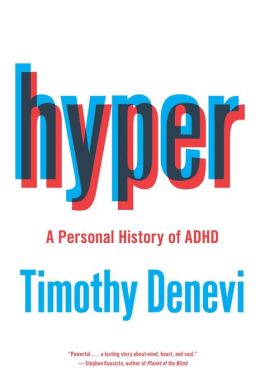 Book you're an evangelist for:
Book you're an evangelist for:
The Rings of Saturn by W.G. Sebald. In it, he intertwines the personal with the historical so brilliantly--in a manner that often feels too complex to articulate. I'll let the book's last sentence, one of my very most favorite, speak for itself: "And Sir Thomas Browne, who was the son of a silk merchant and may well have had an eye for these things, remarks in a passage of the Psuedodoxia Epidemica that I can no longer find that in the Holland of his time it was customary, in a home where there had been a death, to drape black mourning ribbons over all the mirrors and all canvasses depicting landscapes or people or the fruits of the field, so that the soul, as it left the body, would not be distracted on its final journey, either by a reflection of itself or by a last glimpse of the land now being lost forever."
Book you've bought for the cover:
Do books still have covers? Technology! I would say an earlier edition of Mikhail Bulgakov's The Master and Margarita--the one with a human-size black cat on the front. (This cat, it turns out, is named Behemoth, walks on two legs, and loves vodka. The cover did not disappoint.)
Book that changed your life:
I always answer this question differently. It's a question of perspective, right? The work that changed my perspective on what nonfiction is the most, then, is actually more of a novella-length piece, first published in the Iowa Review and later in the collection Dark Waves and Light Matter by Albert Goldbarth: "Both Definitions of Save." In it, he articulates the dictum of "form as function" in a manner I don't think many writers have, before or since.
Favorite line from a book:
"Whenever in my dreams I see the dead, they always appear silent, bothered, strangely depressed, quite unlike their dear, bright selves. I am aware of them, without any astonishment, in surroundings they never visited during their earthly existence, in the house of some friend of mine they never knew. They sit apart, frowning at the floor, as if death were a dark taint, a shameful family secret. It is certainly not then--not in dreams--but when one is wide awake, at moments of robust joy and achievement, on the highest terrace of consciousness, that mortality has a chance to peer beyond its own limits, from the mast, from the past and its castle tower. And although nothing much can be seen through the mist, there is somehow the blissful feeling that one is looking in the right direction." --Vladimir Nabokov, Speak, Memory
Which character you most relate to:
Tobias Wolff's younger self in his outstanding memoir This Boy's Life.
Book you most want to read again for the first time:
It's a popular choice, but I would say Jesus' Son by Denis Johnson. I'd love to be able to come across those moments, just before a white space, during which everything you know and expect turns into something else entirely. To quote from the hospital-scene ending to the first story, "Car Crash While Hitchhiking": "A beautiful nurse was touching my skin. 'These are vitamins,' she said, and drove the needle in. It was raining. Gigantic ferns leaned over us. The forest drifted down a hill. I could hear a creek rushing down among rocks. And you, you ridiculous people, you expect me to help you."
 Advocates for Independent Business, a coalition that includes the American Booksellers Association and a number of Local First groups, is launching #efairnessnow, a social media campaign in support of e-fairness. Bookselling This Week reported that the goal "is to persuade customers of indie stores to show their support for Main Street retailers by posting social media campaign images on their Facebook and Twitter feeds. The initiative also calls on independent stores to do the same."
Advocates for Independent Business, a coalition that includes the American Booksellers Association and a number of Local First groups, is launching #efairnessnow, a social media campaign in support of e-fairness. Bookselling This Week reported that the goal "is to persuade customers of indie stores to show their support for Main Street retailers by posting social media campaign images on their Facebook and Twitter feeds. The initiative also calls on independent stores to do the same."


SHELFAWARENESS.1222.S1.BESTADSWEBINAR.gif)


SHELFAWARENESS.1222.T1.BESTADSWEBINAR.gif)
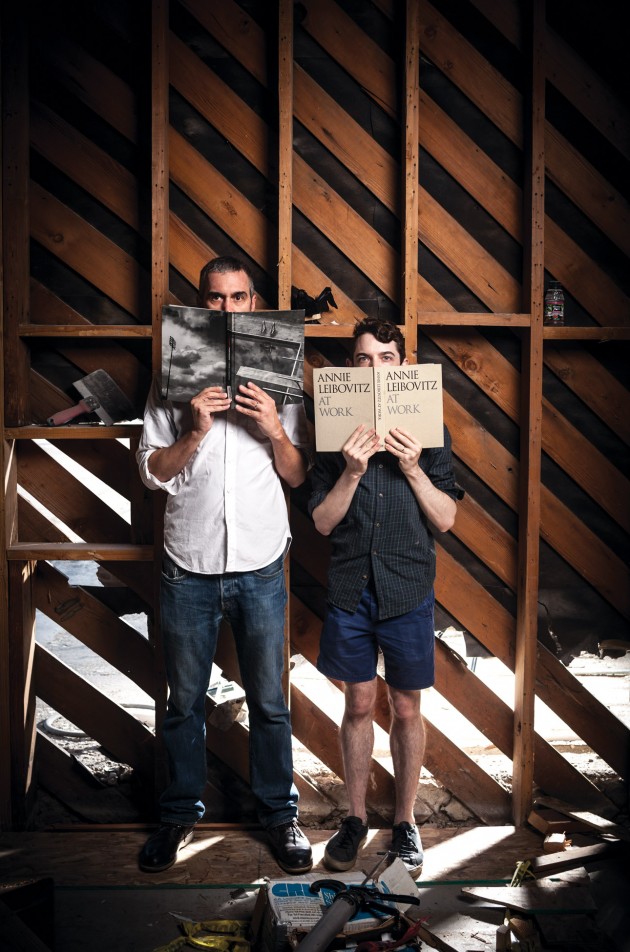
 Amazon is leaving Slough, its base in the U.K. for 16 years, and
Amazon is leaving Slough, its base in the U.K. for 16 years, and 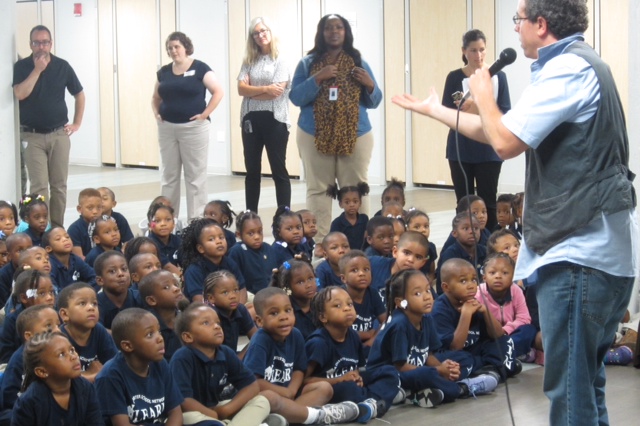
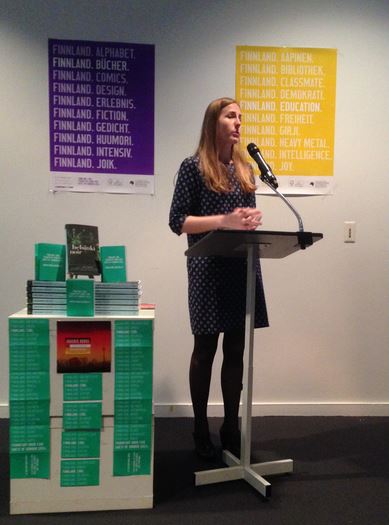
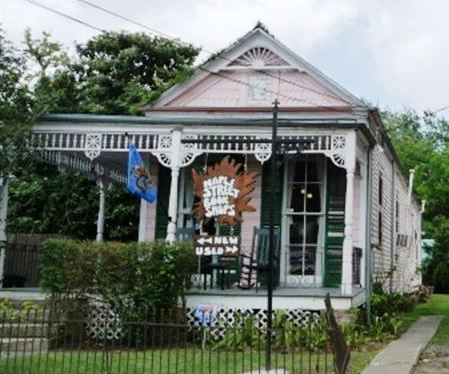 This weekend,
This weekend,  Finally Found Books
Finally Found Books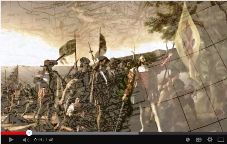 An Indigenous Peoples' History of the United States
An Indigenous Peoples' History of the United States
 Book you're an evangelist for:
Book you're an evangelist for: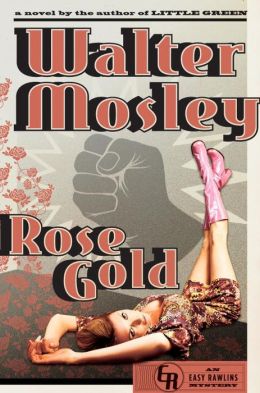 In 25 years, Walter Mosley has published some 40 books of fiction, nonfiction and drama, but perhaps his most endearing recurring character is the Los Angeles private detective Easy Rawlins. Beginning with 1990's Devil in a Blue Dress, Mosley's Easy Rollins novels have gradually fleshed out the sometimes-violent, sometimes-corrupt, always racially tinted history of Los Angeles personified in the life of a self-employed black man with both street and book smarts and an expansive network of helpful friends and contacts. Rose Gold brings the resourceful Easy into the turbulent 1960s, with its Vietnam War vets, radical freaks and militant blacks.
In 25 years, Walter Mosley has published some 40 books of fiction, nonfiction and drama, but perhaps his most endearing recurring character is the Los Angeles private detective Easy Rawlins. Beginning with 1990's Devil in a Blue Dress, Mosley's Easy Rollins novels have gradually fleshed out the sometimes-violent, sometimes-corrupt, always racially tinted history of Los Angeles personified in the life of a self-employed black man with both street and book smarts and an expansive network of helpful friends and contacts. Rose Gold brings the resourceful Easy into the turbulent 1960s, with its Vietnam War vets, radical freaks and militant blacks.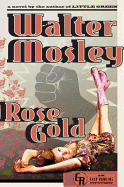
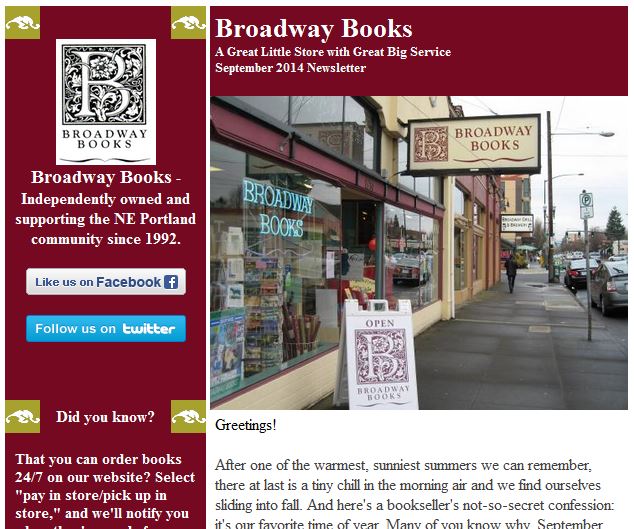 I have a particular interest in the topic since I work for Shelf Awareness, which partners with more than 80 indie booksellers to send out co-branded editions of
I have a particular interest in the topic since I work for Shelf Awareness, which partners with more than 80 indie booksellers to send out co-branded editions of  At their best, e-newsletters are informative and entertaining--quick, welcome updates from good friends (who happen to read great books). Consider a recent sampling from my inbox:
At their best, e-newsletters are informative and entertaining--quick, welcome updates from good friends (who happen to read great books). Consider a recent sampling from my inbox: